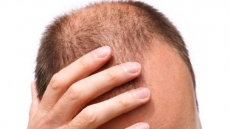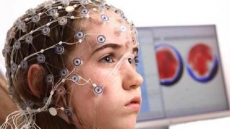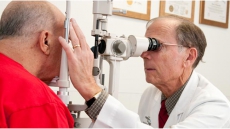Eating too much is typically considered as one of the prime reasons for obesity but when people eat what they consider to be healthy food, they eat more than the recommended serving size because they associate "healthy" with less filling, say researchers, including one of Indian-origin.
The findings suggest that the recent increase of healthy food labels may be ironically contributing to the obesity epidemic rather than reducing it.
Raj Raghunathan from University of Texas at Austin, and colleagues utilised a multi-method approach to investigate the "healthy equal to less filling" intuition.
The first study was conducted with 50 undergraduate students at a large public university and employed the well-established Implicit Association Test to provide evidence for an inverse relationship between the concepts of healthy and filling.
The second study was a field study conducted with 40 graduate students and measured participants' hunger levels after consuming a cookie that is either portrayed as healthy or unhealthy to test the effect of health portrayals on experienced hunger levels.
The third study was conducted with 72 undergraduate students in a realistic scenario to measure the impact of health portrayals on the amount of food ordered before watching a short film and the actual amount of food consumed during the film.
The set of three studies converges on the idea that consumers hold an implicit belief that healthy foods are less filling than unhealthy foods.
The researchers demonstrated that portraying a food as healthy as opposed to unhealthy using a front-of-package nutritional scale impacts consumer judgment and behaviour.
Surprisingly, even consumers who said they disagree with the idea that healthy foods are less filling than unhealthy foods are subject to the same biases.
The study was published in the Journal of the Association for Consumer Research.





